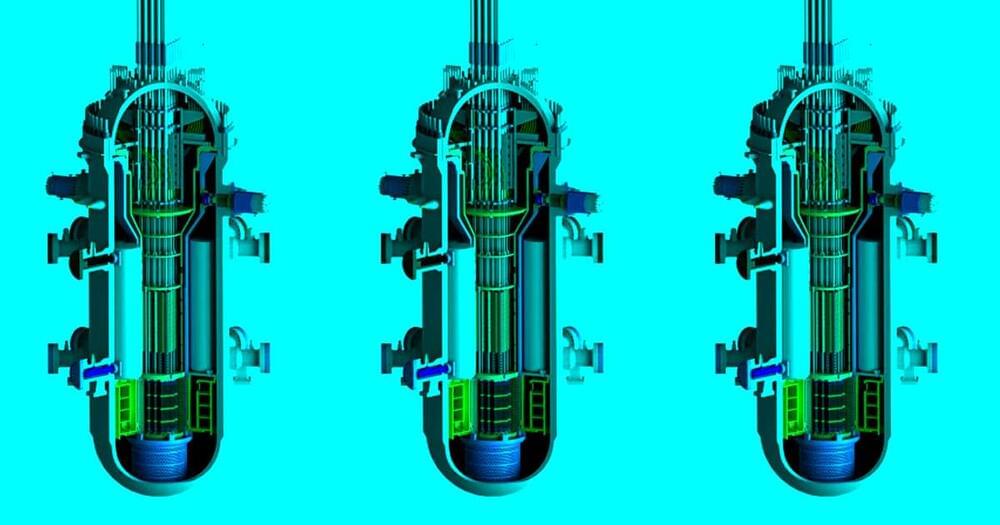Researchers have cracked the second ‘code of life’. In an exclusive interview with Technology Networks they explain how.



By Chuck Brooks
Every new year creates a new opportunity for optimism and predictions. In the past couple of years, emerging technology has permeated almost all areas of our lives. There is much to explore! In this article, I focus on three evolving technology areas that are already impacting our future but are only at the early stages of true potential: artificial intelligence, quantum computing, and space systems.
In addition to my own thoughts and perspectives, I reached out to several well-known subject matter experts on those very topic areas to share their valued insights.
Artificial Intelligence is on the Cusp of Transforming Civilization
Artificial intelligence (AI) is a highly intriguing and hotly contested subset of emerging technology. Science fiction no longer exists in the realm of AI. Businesses are currently working on technologies that will enable artificial intelligence software to be installed on millions of computers worldwide.

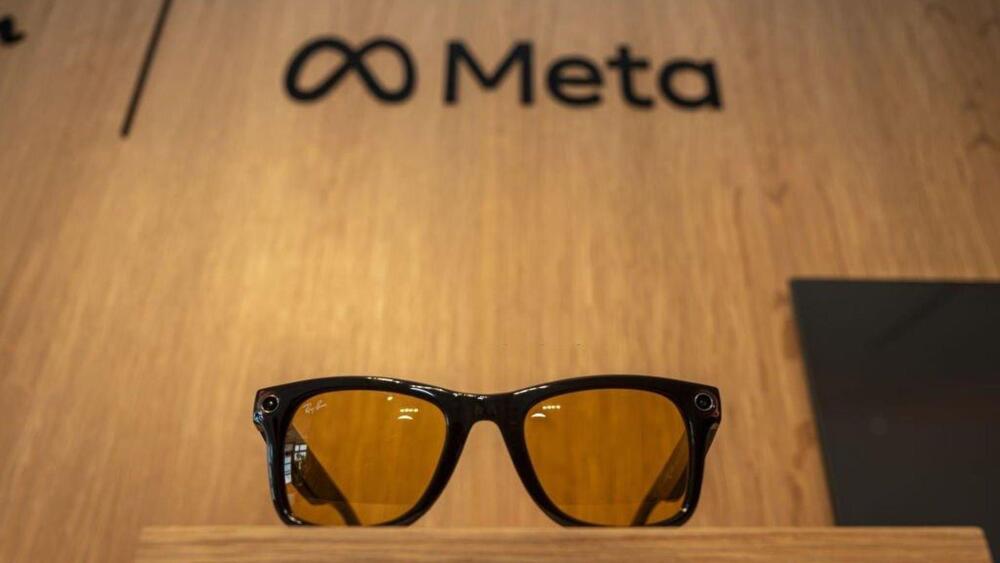
The Ray-Ban Meta smart glasses are about to get a serious upgrade, thanks to Meta’s AI smarts finally learning to see and hear.
Meta, formerly known as Facebook, has announced some exciting new features for its Meta Ray-Ban smart glasses that will make them more useful and interactive. The company is testing a new “multimodal” AI assistant that can respond to your queries based on what you see and hear through the glasses’ camera and microphones.
Multimodal AI at play
The multimodal AI assistant can suggest outfits, translate text, caption images, and describe objects you point the glasses at. Meta CEO Mark Zuckerberg showed off some of these capabilities in an Instagram reel, asking the glasses to recommend pants that would go well with a shirt he was holding. The assistant gave him two options and described the shirt’s color and pattern.
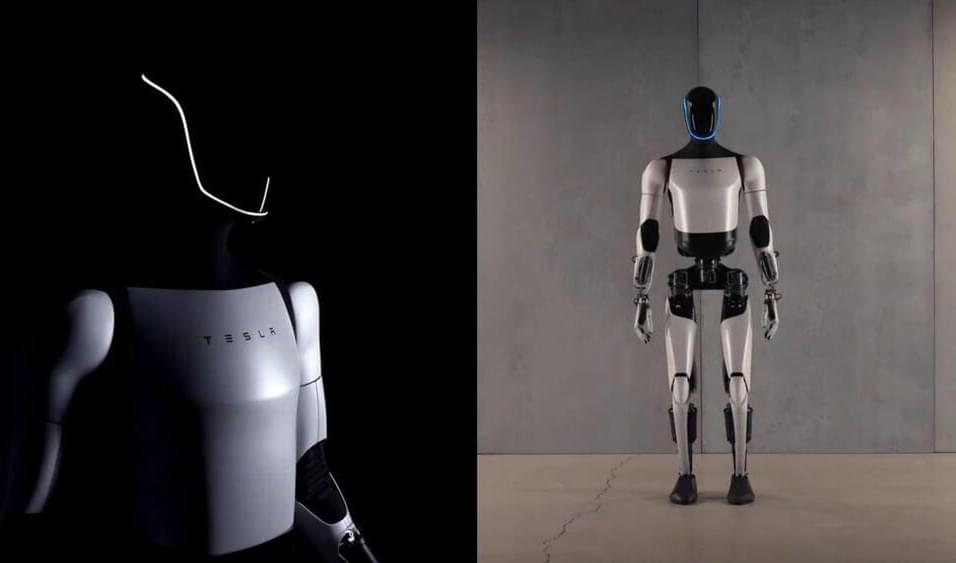
The new video demonstrates that Optimus has enhanced its balance and body control and can move more naturally and gracefully.
Perhaps the most impressive advancement lies in its dexterous “brand new hands.” Whereas the Gen 1 prototype struggled with even basic manipulation, Optimus Gen 2 handles delicate objects with surprising finesse. The video showcasing its gentle handling of an egg serves as a testament to its improved dexterity, paving the way for broader applications in the future.

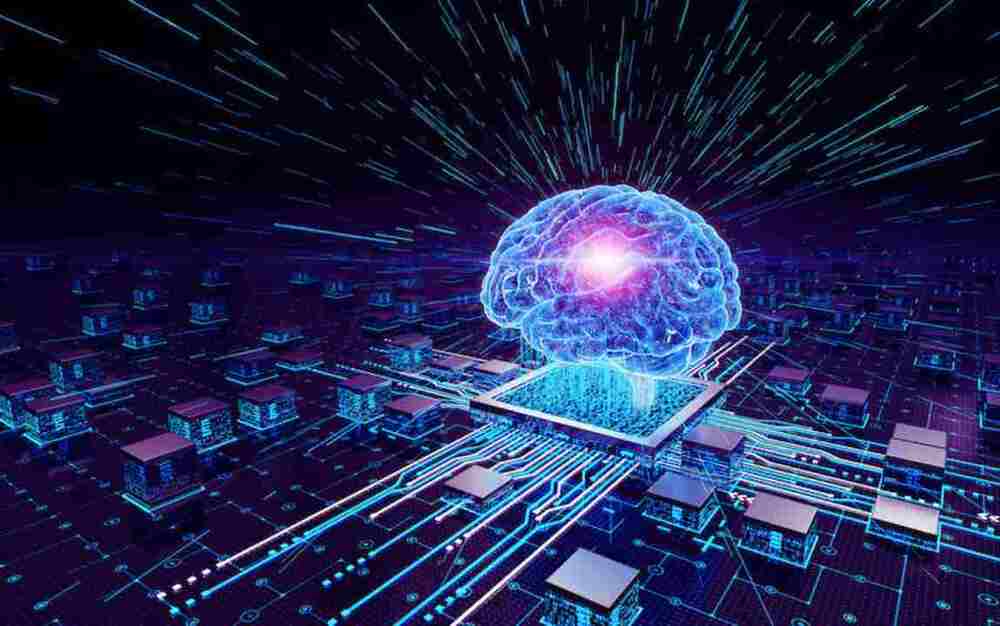
📸 Look at this post on Facebook https://www.facebook.com/share/U5sBEHBUhndiJJDz/?mibextid=xfxF2i
In the realm of computing technology, there is nothing quite as powerful and complex as the human brain. With its 86 billion neurons and up to a quadrillion synapses, the brain has unparalleled capabilities for processing information. Unlike traditional computing devices with physically separated units, the brain’s efficiency lies in its ability to serve as both a processor and memory device. Recognizing the potential of harnessing the brain’s power, researchers have been striving to create more brain-like computing systems.
Efforts to mimic the brain’s activity in artificial systems have been ongoing, but progress has been limited. Even one of the most powerful supercomputers in the world, Riken’s K Computer, struggled to simulate just a fraction of the brain’s activity. With its 82,944 processors and a petabyte of main memory, it took 40 minutes to simulate just one second of the activity of 1.73 billion neurons connected by 10.4 trillion synapses. This represented only one to two percent of the brain’s capacity.
In recent years, scientists and engineers have delved into the realm of neuromorphic computing, which aims to replicate the brain’s structure and functionality. By designing hardware and algorithms that mimic the brain, researchers hope to overcome the limitations of traditional computing and improve energy efficiency. However, despite significant progress, neuromorphic computing still poses challenges, such as high energy consumption and time-consuming training of artificial neural networks.
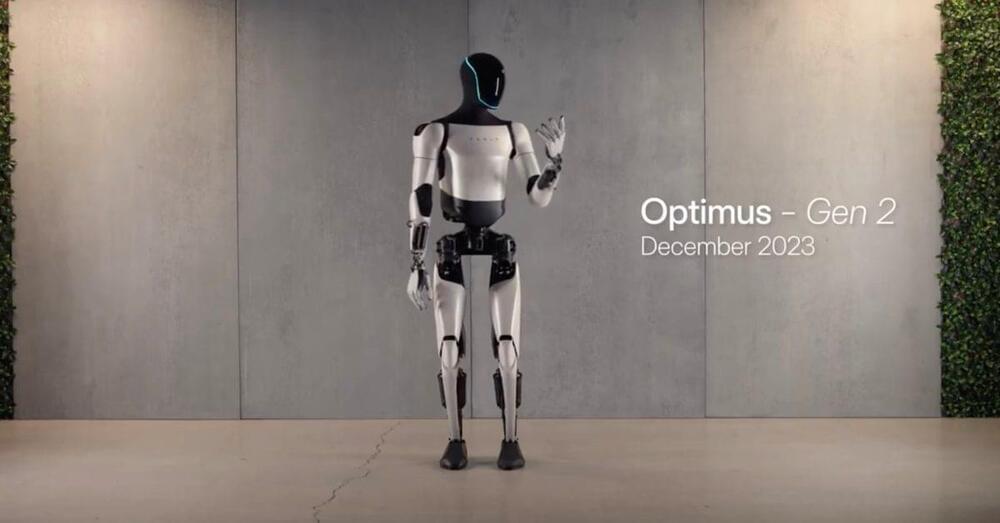
Tesla has unveiled “Optimus Gen 2”, a new generation of its humanoid robot that should be able to take over repetitive tasks from humans.
Optimus, also known as Tesla Bot, has not been taken seriously by many outside of the more hardcore Tesla fans, and for good reason.
When it was first announced, it seemed to be a half-baked idea from CEO Elon Musk with a dancer disguised as a robot for visual aid. It also didn’t help that the demo at Tesla AI Day last year was less than impressive.

A critical severity vulnerability in a WordPress plugin with more than 90,000 installs can let attackers gain remote code execution to fully compromise vulnerable websites.
Known as Backup Migration, the plugin helps admins automate site backups to local storage or a Google Drive account.
The security bug (tracked as CVE-2023–6553 and rated with a 9.8÷10 severity score) was discovered by a team of bug hunters known as Nex Team, who reported it to WordPress security firm Wordfence under a recently launched bug bounty program.
